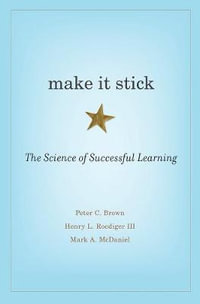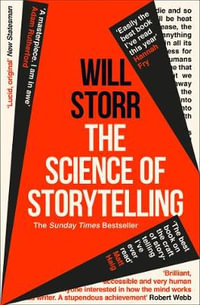
How Things Shape the Mind
A Theory of Material Engagement
Paperback | 12 February 2016 | Edition Number 1
At a Glance
Paperback
RRP $79.99
$53.40
33%OFF
Aims to ship in 25 to 30 business days
ISBN: 9780262528924
ISBN-10: 0262528924
Series: The MIT Press
Published: 12th February 2016
Format: Paperback
Language: English
Number of Pages: 322
Audience: General Adult
For Ages: 18+ years old
Publisher: RANDOM HOUSE US
Country of Publication: GB
Edition Number: 1
Dimensions (cm): 22.9 x 15.3 x 1.5
Weight (kg): 0.42
Shipping
| Standard Shipping | Express Shipping | |
|---|---|---|
| Metro postcodes: | $9.99 | $14.95 |
| Regional postcodes: | $9.99 | $14.95 |
| Rural postcodes: | $9.99 | $14.95 |
How to return your order
At Booktopia, we offer hassle-free returns in accordance with our returns policy. If you wish to return an item, please get in touch with Booktopia Customer Care.
Additional postage charges may be applicable.
Defective items
If there is a problem with any of the items received for your order then the Booktopia Customer Care team is ready to assist you.
For more info please visit our Help Centre.
You Can Find This Book In
This product is categorised by
- Non-FictionMedicineClinical & Internal MedicineNeurology & Clinical Neurophysiology
- Non-FictionPsychologyCognition & Cognitive Psychology
- Non-FictionScienceBiology, Life SciencesLife Sciences in GeneralNeurosciences
- Non-FictionPsychologyStates of ConsciousnessDrug-Induced States
- Non-FictionArchaeologyArchaeological Science, Methodology & Techniques
- Non-FictionPsychologyPsychological Theory, Systems, Schools of Thought & ViewpointsCognitivism, Cognitive Theory























